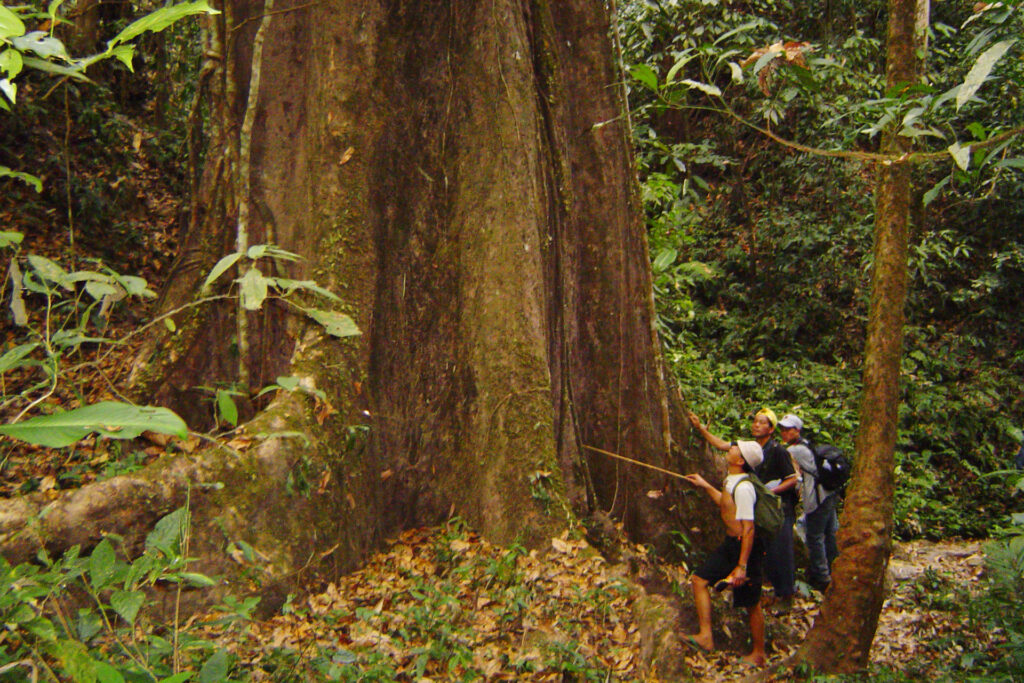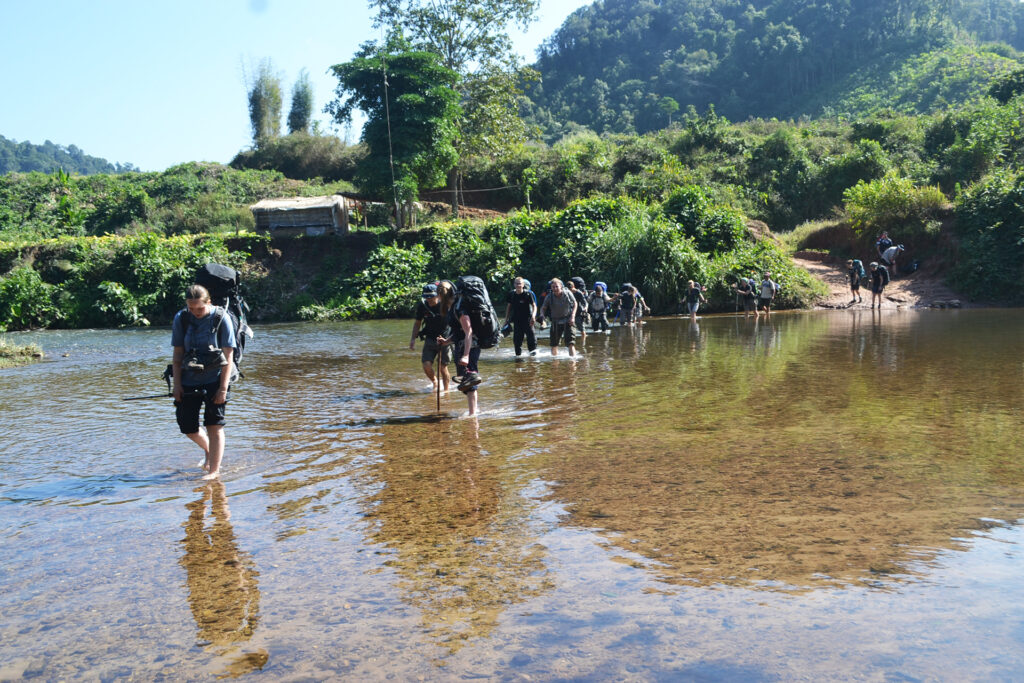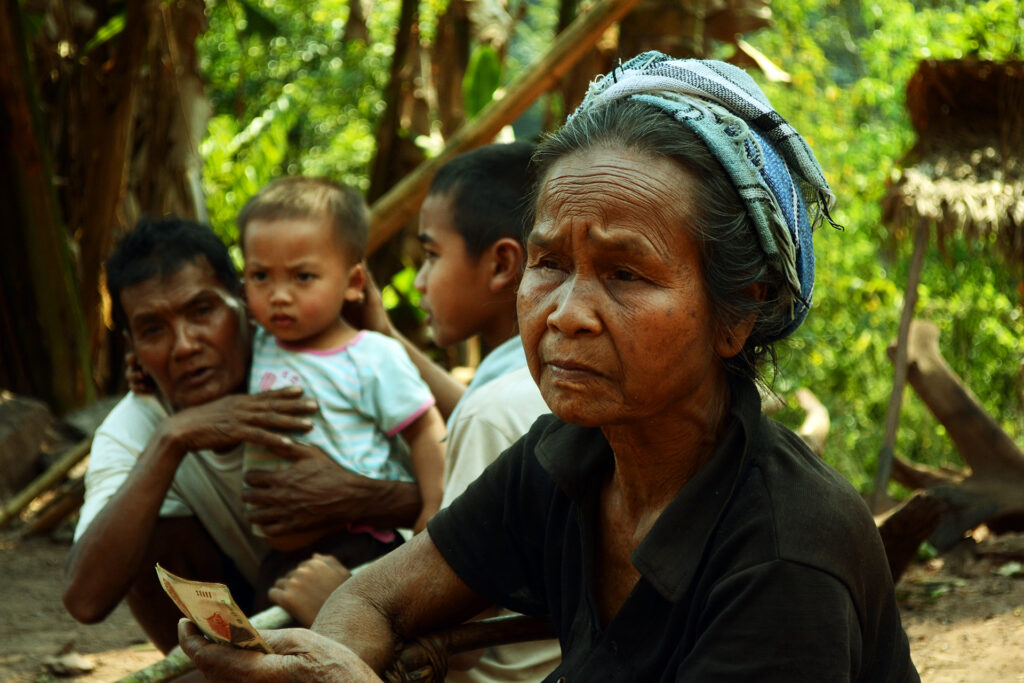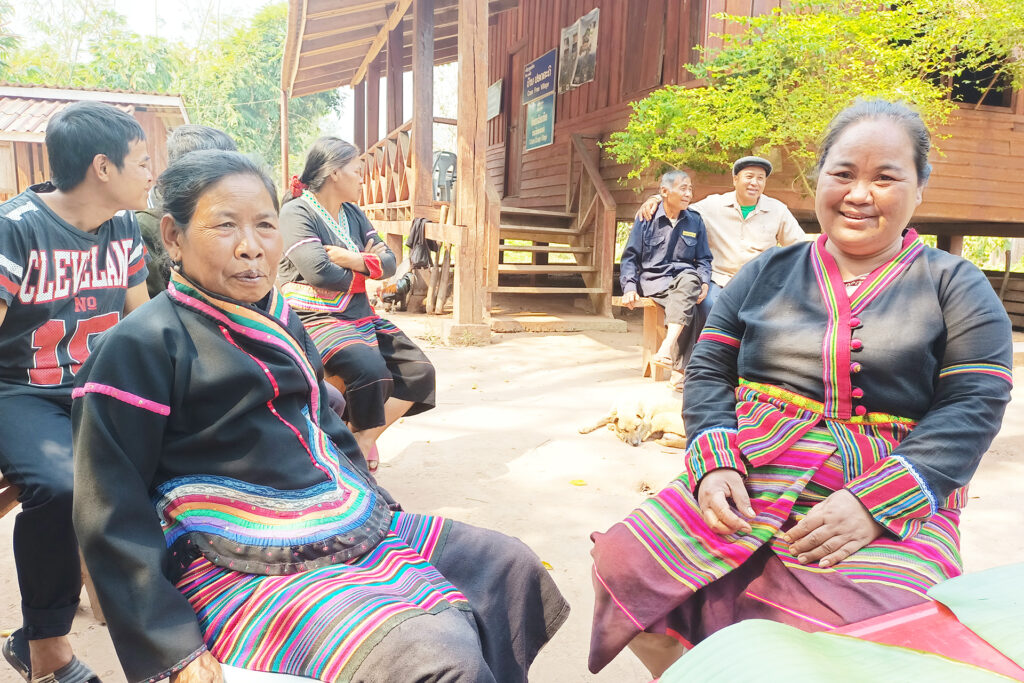To ensure the sustainability of natural and cultural heritage:
In Luang Namtha province, the Nam Ha National Protected Area (NPA) spans 222,400 hectares and is rich in biodiversity and wildlife. The area is home to numerous ethnic groups, but their traditional lifestyle centered around nature-based activities like cultivation and hunting is gradually changing. This shift is leading to a decline in their culture and customs due to external influences.
Eco-tourism, particularly hiking, can encourage the conservation of natural and cultural heritage. Engaging in eco-tourism activities helps local communities appreciate their environment and culture anew, contributing to the preservation of traditions and fostering a sustainable relationship with the land and wildlife.
To raise awareness among locals about conserving environmental, natural, and cultural resources:
To ensure sustainability, it is crucial for local people to conserve natural resources, maintain a clean environment, and preserve ecological balance in their villages. They should also focus on studying and preserving their unique cultural heritage, allowing tourists to enjoy an authentic experience and appreciate the cultural values of the tribes.
By actively conserving natural resources, local communities contribute to the long-term viability of their tourism industry. They help keep their surroundings clean, preserve the ecological balance, and ensure that attractions remain enjoyable for visitors. This responsible approach benefits both the tourism sector and the overall well-being of the community.
Additionally, as locals delve into the study of their ethnic group’s cultural heritage, they enhance their ability to share these unique aspects with tourists. This cultural exchange offers travelers a more meaningful experience and fosters greater appreciation for local traditions, customs, and values. Through this engagement, tourists gain insights into the fascinating history and practices of the tribes and become more aware of the importance of cultural preservation and respect.
To create job opportunities for ethnic groups, generate sufficient income, and alleviate poverty:
Most ethnic groups in Nam Ha NPA still live in poverty, primarily relying on farming and collecting non-timber forest products. However, eco-tourism, supported by the public and tourism sectors, has become a beneficial management system. This has created jobs and increased income for local communities.
Through eco-tourism, locals participate in various activities, such as guiding tours, providing local food, offering village homestays, showcasing cultural performances, crafting natural souvenirs, and other related services. These opportunities empower the ethnic groups economically, providing a sustainable income and significantly improving their standard of living, helping to reduce poverty.
To promote strength and equality among men and women of all ethnic backgrounds:
The cultural practices of ethnic groups have entrenched traditional gender roles, where men historically dominate societal positions and interactions with outsiders. This has led to men being prioritized, even in basic activities like eating and drinking, while women are often marginalized with limited roles in family and community.
Acknowledging the need to address these disparities and promote inclusivity, the government has taken steps to empower women in tribal villages to participate actively in tourism. This includes involving them in defining tourism regulations and forming tourism service groups. These efforts underscore the importance of women joining the tourism sector and assuming managerial roles alongside men.
By enabling women to engage in tourism, they can showcase their unique skills and perspectives, enriching the tourism experience. Their involvement fosters equality and inclusivity, which can positively impact the tourism industry and help preserve cultural heritage.




